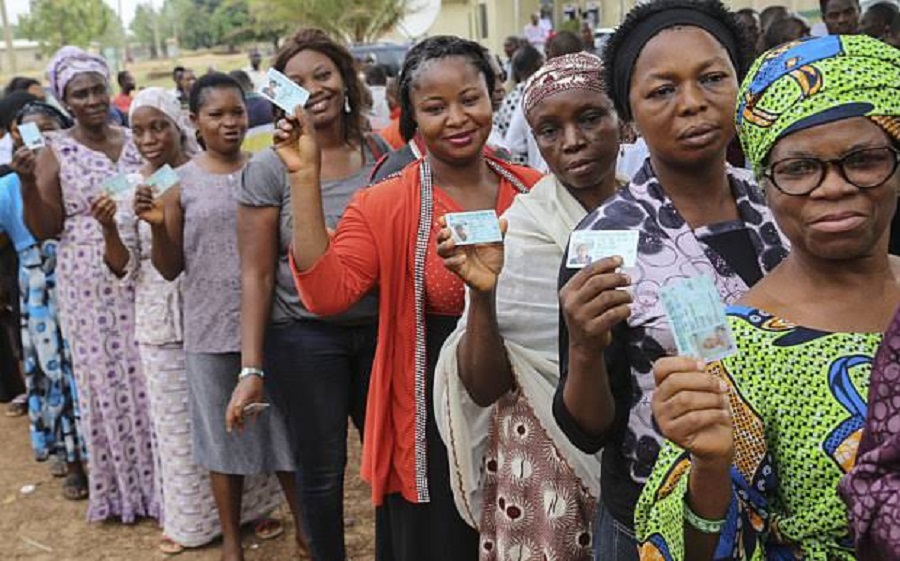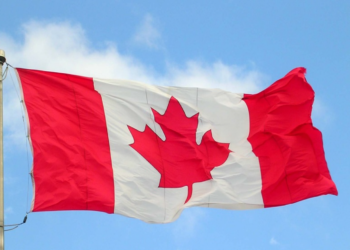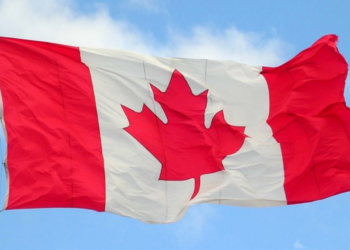The Canadian Government has donated the sum of N2.6 billion to advance the participation of women in Nigeria’s politics.
The donation was announced on Monday by James Christoff, the Canadian High Commissioner to Nigeria in Abuja at a dialogue with traditional leaders, organised by the Office of the UN Resident Coordinator to Nigeria and the UN Women.
According to NAN, Mr Christoff noted that the funds would be contributed for a period of four years under Canada’s Advance Women Political Participation in Nigeria project.
What the Canadian High Commissioner is saying
He said it is a key priority to have women at the table to play critical roles in decision-making, especially at the political level.
“Canada strongly believes that supporting the empowerment of women and girls is the best way to embrace peaceful and a more prosperous Nigeria.
“Having women at the table to play a critical role in decision making, especially at the political level is a key priority. As custodians of tradition and culture, we recognise the strategic role that you can play as traditional leaders.
“To create an enabling environment by embracing positive attitudes and questioning negative stereotypes of women in politics and encourage women participation at all levels.
“Through this project to advance women political participation in Nigeria, Canada is contributing eight million Canadian dollars, that is, 2.6 billion naira over four years to increase the participation, election, and appointment of women in Nigeria both in the 2023 electoral cycle.
“As traditional leaders, we enjoin your support to advocate for women support in the coming elections, use your influence to promote violence-free elections and denounce violence against women,” Mr Christoff said.
Also speaking at the gathering, Mr Matthias Schmale, UN Resident and Humanitarian Coordinator to Nigeria, said to attain inclusive democracy in Nigeria, there needs to be full and equitable participation of all citizens, including women.
- “The full and effective participation of women in governance and decision-making opportunities is globally recognised as a key driver in achieving Sustainable development.
- “Women constitute half of the population of Nigeria and contribute significantly to national and economic development.
- “Unfortunately, their participation remains insignificant in the formal and informal structures of government where decisions regarding the use of societal resources generated by men and women are being made.
- “Women’s ability to participate in politics are being hampered by numerous constraints. Negative stereotypes, sometimes perpetuated by culture and tradition lays a real and significant role in women political marginalisation.
- “Violence against women in politics and in elections must be addressed with a sense of urgency, especially as we approach the 2023 elections.
- “Royal Highnesses and Majesties, you are key to shifting social norms and driving the critical change needed to end electoral gender-based violence and enhancing women’s participation in the upcoming elections,” Schmale said.




















